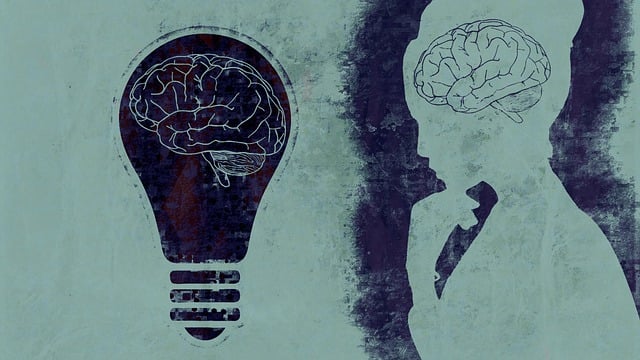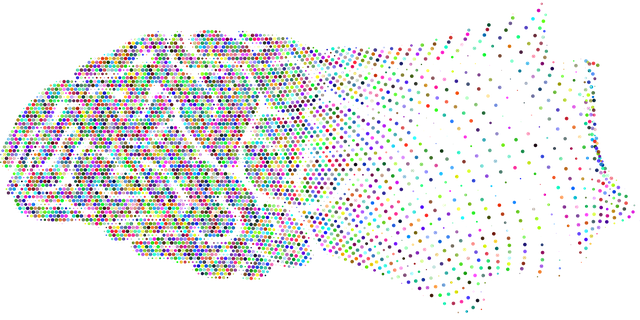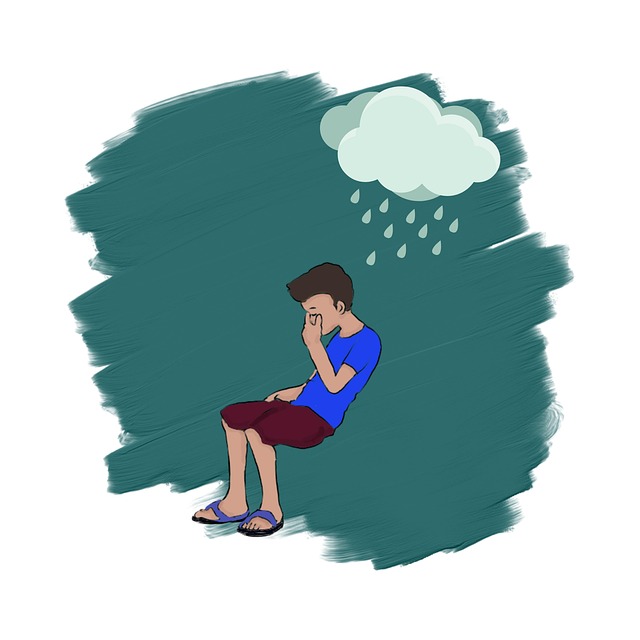Trauma, especially from neglect or abuse, can severely affect a child's emotional development, leading to conditions like bipolar disorder. Early intervention through specialized therapy is vital to help children manage emotions and build resilience. Mental health professionals use advanced tools to differentiate bipolar disorder from typical adolescent behavior and create safe spaces for processing trauma. Cognitive-behavioral therapy (CBT) equips kids with emotion management skills, while holistic approaches promote self-compassion and emotional well-being. Creating secure environments, tailored interventions, and building resilience are key strategies in supporting children with bipolar disorder and trauma, enabling them to lead healthier lives.
Trauma support services are crucial for addressing the profound impact of traumatic events on children, especially those exhibiting bipolar disorder symptoms. This article delves into key aspects of trauma care, including understanding its effects on young minds and identifying bipolar disorder in children. It explores therapy’s role in healing, safe therapeutic environments, and building resilience. By examining these strategies, we aim to enhance the effectiveness of services providing support for traumatized children with bipolar symptoms through evidence-based practices.
- Understanding Trauma and Its Impact on Children
- Identifying Bipolar Disorder in Young Minds
- The Role of Therapy in Supporting Traumatized Children with Bipolar Symptoms
- Creating a Safe Space: Therapeutic Environments for Healing
- Building Resilience: Strategies for Effective Trauma Support Services
Understanding Trauma and Its Impact on Children

Trauma can profoundly affect children, shaping their emotional and behavioral development. It’s crucial to understand that trauma isn’t just a one-time event but can be chronic or complex, stemming from various sources like neglect, abuse, or living in war zones. These experiences can disrupt a child’s ability to regulate emotions, form secure attachments, and interact with their environment healthily. The impact of trauma often manifests as symptoms such as anxiety, depression, aggression, or even dissociative behaviors.
Early intervention is key in mitigating the long-term effects of trauma on children. Therapy for Children with Bipolar Disorder, a common mental health concern associated with trauma, focuses on resilience building and emotional regulation techniques. Mental health professionals play a vital role in risk management planning, providing safe spaces where children can process their experiences and develop coping strategies. By enhancing mental health awareness, these services empower children to navigate their emotional landscapes and foster healthy growth despite the challenges they’ve faced.
Identifying Bipolar Disorder in Young Minds

Recognizing Bipolar Disorder in young minds is a delicate process that requires keen observation and specialized training. Mental health professionals play a crucial role in identifying this complex condition, which often presents uniquely in children compared to adults. Symptoms can range from extreme mood swings, intense energy episodes, to periods of profound depression. The challenge lies in differentiating these from typical adolescent behavioral fluctuations. That’s where the expertise of therapists specializing in childhood mental health is indispensable. They employ advanced assessment tools and techniques tailored for younger individuals, taking into account their developmental stage.
One key aspect they focus on is emotional intelligence—helping children recognize and manage their emotions effectively. This, coupled with a comprehensive risk assessment, enables professionals to make accurate diagnoses. Furthermore, stress management strategies are integral to therapy for children with bipolar disorder, aiming to stabilize moods and prevent exacerbations. Through individualized treatment plans, therapists guide young minds toward healthier emotional regulation, offering them the tools they need to navigate life’s challenges.
The Role of Therapy in Supporting Traumatized Children with Bipolar Symptoms

Children experiencing bipolar disorder often face unique challenges, especially when trauma is involved. In such cases, therapy plays a pivotal role in their support and recovery journey. Cognitive-behavioral therapy (CBT) has proven effective in treating bipolar symptoms and trauma-related distress. Through CBT, children learn to identify and manage their emotions, develop coping strategies, and challenge negative thought patterns associated with trauma. This form of therapy empowers them to regulate their moods and behaviors, fostering a sense of stability and control.
Additionally, incorporating compassion cultivation practices, resilience-building techniques, and emotional well-being promotion can significantly enhance the therapeutic process. These methods help traumatized children develop self-compassion, build inner strength, and cultivate positive emotions. By fostering a supportive environment, therapists enable these young individuals to process their trauma, express their feelings, and develop healthy coping mechanisms. Such holistic approaches contribute to their overall growth and resilience, aiding in the management of bipolar symptoms while promoting emotional healing.
Creating a Safe Space: Therapeutic Environments for Healing

Creating a safe and therapeutic space is an integral part of providing support for individuals, especially children dealing with bipolar disorder and other traumatic conditions. This environment plays a pivotal role in facilitating healing and fostering emotional well-being. By designing spaces that are nurturing, non-judgmental, and understanding, therapists can create a haven where clients feel secure to explore their emotions and work through their trauma.
Therapeutic settings should be tailored to meet the unique needs of each individual or group, considering factors like privacy, comfort, and cultural sensitivity. For children with bipolar disorder, these spaces offer a sanctuary from the external chaos, allowing them to regulate their emotions and develop coping mechanisms. Through the implementation of community outreach programs and incorporating creative activities, burnout prevention can be actively addressed while promoting emotional well-being through various techniques.
Building Resilience: Strategies for Effective Trauma Support Services

Building resilience is a cornerstone of effective trauma support services, particularly when assisting individuals affected by conditions like bipolar disorder in children. Therapy for Children Bipolar Disorder requires a nuanced approach that combines specialized treatment with strategies aimed at fostering emotional intelligence and coping mechanisms. Mental health professionals play a vital role in navigating this process, conducting thorough risk assessments to identify potential triggers and vulnerabilities. This proactive measure ensures a safe and supportive environment, encouraging clients to explore their experiences without fear of retriggering traumatic memories.
Through tailored interventions, resilience building becomes an integral part of the therapeutic journey. Equipping individuals with emotional intelligence tools enables them to recognize and manage their responses to stressful situations. By integrating these skills into daily life, clients develop a deeper sense of self-awareness and control, becoming better equipped to face challenges. This holistic approach not only addresses the symptoms but also empowers individuals to lead fulfilling lives despite their trauma, fostering true recovery and growth.
Trauma support services are vital in helping children affected by bipolar disorder and trauma to heal. By understanding the impact of trauma, identifying bipolar symptoms early, and providing safe therapeutic environments, we can foster resilience and enable these young minds to thrive. Effective support strategies, including specialized therapy for children with bipolar disorder, play a crucial role in navigating their unique challenges. With dedicated resources and a holistic approach, we can ensure that traumatized children receive the necessary care to build back better.














